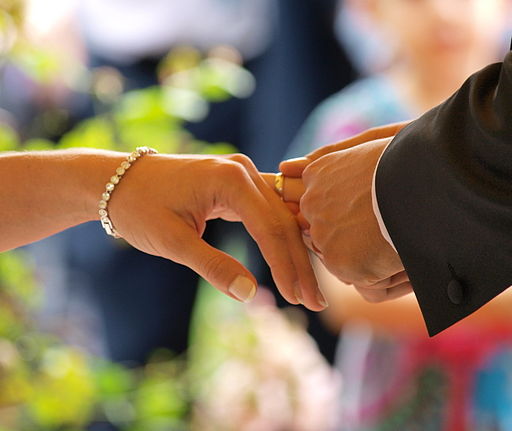
I love reading Mallory Ortberg at The Toast, and, while I was reading through her chat with Longreads on her favorite advice columns, I wound up reading this response by Ijeoma Oluo to an advice seeker wondering if she was obliged to not be “the other woman” out of solidarity for the wife of the man who wanted to sleep with her. Here’s part of Oluo’s reply:
You are your own person all the time, and you are solely responsible for your decisions. Does this mean that a woman shouldn’t feel bad if she starts a relationship with someone who already has a partner, or even a family? Honestly, I don’t know if it matters. Because if you’ve been hurt by an unfaithful partner, your pain isn’t that someone was willing to sleep with your partner, your pain is that your partner was willing to sleep with someone else. If you’ve been hurt by someone’s infidelity, you have every right to be angry with everyone involved. But as a society, part of increasing honesty and equality in relationships is recognizing that we are the only people responsible for the decisions we make.
I don’t disagree with Oluo that the husband is culpable, period, for willing adultery, and it’s not the fact that he does find someone to go along with his adultery that makes him guilty. After all, isn’t that the point of “everyone who looks at a woman with lust for her has already committed adultery with her in his heart” that it’s the willing it that makes the sin, not the luck of getting to carry it out?
But where I disagree with Oluo is that it’s truer/more honest to think of each person acting in isolation. We don’t live as solipsists, acting alone in a world of moral dilemmas, unaccompanied by other moral agents. We’re surrounded by people who not only can help us, but who ought to care for us. Holding back from being party to someone else’s betrayal is a way of loving them.
Once the bit is flipped, and a man (or woman!) decides to cheat on his or her spouse, the story isn’t over. There is already something to be forgiven and amends to be made, but the person isn’t just an adulterer forever, and other people (including the folks propositioned) shouldn’t treat his desire for adultery as a Homeric epithet, a static fact about his character.
There’s no need to appeal to the special place in hell for women who don’t help other women — it’s just as possible to turn down adultery out of concern for the man asking you to help him cheat on his wife. Giving tacit endorsement to his choice to betray his wife is bad for her and bad for him, strengthening his resolve to do a wrong.
And, ultimately, the ethic of individual responsibility seems particularly out of place when it comes to colluding with someone breaking faith in a marriage. You’d have a better chance of arguing you have no obligation to preserve the relationship between a boss and her embezzling employee than that you’re similarly free to disrupt a marriage.
Weddings take place in front of a community (and, for Christians, in front of God) as a public promise that people expect to be held to. If you go to weddings, you’re part of that promise, and can’t interact with any marriage as though you had no tie to either of the participants or the bond they entered into.
The “amens” or even just the “hurrahs!” are a promise by the attendees that they’re present for the creation of something new, and that they applaud it. To help one spouse cheat on the other is a betrayal, of the woman wronged, of the man who shouldn’t be encouraged in his deed, and of the letter writer herself, as long as she’s acknowledged marriage as marriage before.












